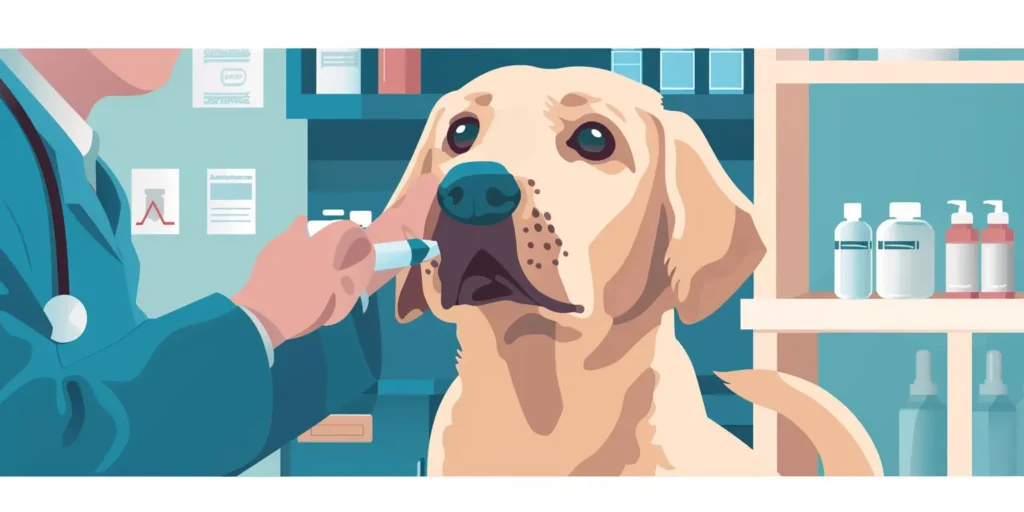Gastrointestinal issues in dogs can be distressing for both pets and owners. Understanding the causes, symptoms, and treatments can help manage these problems effectively. Let’s explore the common gastrointestinal issues dogs face and how to address them.
Common Causes of Gastrointestinal Issues
Several factors can cause gastrointestinal issues in dogs. Dietary indiscretion, such as eating spoiled food or foreign objects, is a leading cause. Dogs often explore their environment with their mouths, which can lead to ingestion of harmful substances.
Infections from bacteria, viruses, or parasites can also cause gastrointestinal distress. Bacterial infections like Salmonella or viral infections like parvovirus can severely impact a dog’s digestive system. Parasites like worms can cause significant discomfort and health issues.
Additionally, underlying health conditions, such as pancreatitis or inflammatory bowel disease (IBD), can lead to chronic gastrointestinal problems. Food allergies or intolerances can also cause persistent digestive issues in dogs.

Symptoms of Gastrointestinal Issues
Identifying the symptoms of gastrointestinal issues in dogs is crucial for early intervention. Common symptoms include vomiting and diarrhea. These can occur suddenly or be chronic, indicating an ongoing issue.
Other signs include loss of appetite, weight loss, and lethargy. A dog experiencing gastrointestinal discomfort may also exhibit abdominal pain or bloating. Watch for signs of dehydration, such as dry gums or excessive panting, as these can indicate severe problems.
Changes in stool consistency and color can provide clues to underlying issues. Bloody or tarry stools often suggest a more serious condition requiring immediate veterinary attention. Recognizing these symptoms early can prevent complications.

Treatment and Management
Treating gastrointestinal issues in dogs often begins with identifying the underlying cause. For mild cases of dietary indiscretion, withholding food for 12-24 hours can allow the digestive system to settle. Reintroduce food gradually with a bland diet, such as boiled chicken and rice.
For infections, antibiotics or antiparasitic medications may be necessary. Always consult a veterinarian for proper diagnosis and treatment. Never administer human medications to dogs without veterinary guidance.
Chronic conditions like IBD require ongoing management. This may include dietary changes, medications, and regular veterinary check-ups. Dogs with food allergies may benefit from hypoallergenic diets. Ensuring your dog stays hydrated is crucial, especially during bouts of vomiting or diarrhea.
Preventive measures can reduce the risk of gastrointestinal issues. Regular deworming and vaccinations help protect against infections and parasites. Feeding a balanced diet and avoiding table scraps can also maintain digestive health. Supervise your dog to prevent them from eating harmful substances.

Conclusion
Gastrointestinal issues in dogs can range from mild to severe. Understanding the causes, symptoms, and treatments helps manage these problems effectively. Regular veterinary care and preventive measures are essential for maintaining your dog’s digestive health. By staying vigilant and proactive, you can ensure your dog stays healthy and happy.